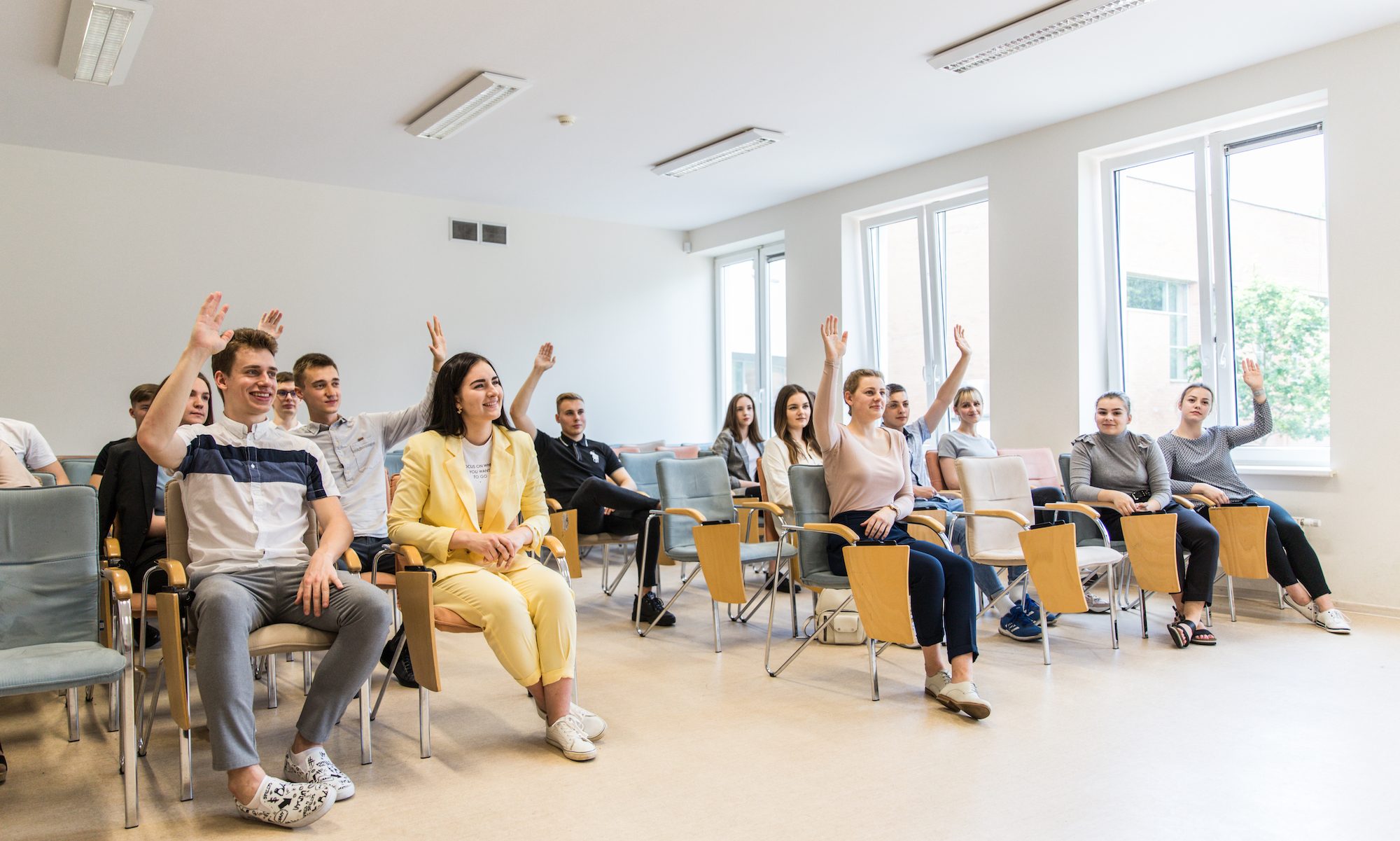- Work package n°2 – Research
The aim of this WP is to be analyzed and identified the skills and knowledge of future and current employees, related to the standardization and standards, that are required by the labor market for each partner country to be made a successful transition towards climate neutrality and a green economy and future.
The aim of this WP is to analyze and identify the most appropriate skills and knowledge on the labor market for each partner country for the green economy and future and thus to contribute to the “tackling skills gaps and mismatches” priority axes by identifying the gaps in the university training concerning education on standards and improving the students’ readiness to
use management, environmental and green standards in their future careers
MAIN RESULTS
2.1. Desk research (List of identified and selected at national level concrete areas in which skills, knowledge, and competences, related to the management and environmental standards and the green shift in the economy, should be developed/improved).
- ENG_DEV_2.1.Interational-Report_B-Green-ED
- BG_DEV_2.1.Interational Report_B-Green-ED
- ES_DEV_2.1.Interational Report_B-Green-ED
- LT_DEV_2.1.Interational Report_B-Green-ED
- RO_DEV_2.1.Interational Report_B-Green-ED
2.2. Analysis of the data (Specification of a list of areas for upskilling and reskilling in environmental and green standards and standardization for all partners countries will be done based on a comparative analysis of the lists of areas proposed at national level).
- ENG_DEV_2.2.INTERNATIONAL Report
- BG_DEV_2.2.INTERNATIONAL Report
- ES_DEV_2.2.INTERNATIONAL Report
- LT_DEV_2.2.INTERNATIONAL Report
- RO_DEV_2.2.INTERNATIONAL Report
2.3. Developing of recommendations (For each specified common area for upskilling and reskilling related to the transition to green economy the European standards bodies (BDS and ASRO) will suggest particular standards (both international and European) to be considered in the further development and implementation of micro-credentials in all involved Universities).
- ENG_DEV_2.3. List of Recommended Standards
- BG_DEV_2.3. List of Recommended Standards
- ES_DEV_2.3. List of Recommended Standards
- LT_DEV_2.3. List of Recommended Standards
- RO_DEV_2.3. List of Recommended Standards
Work package n°3 – Development
In the framework of this work package is foreseen the achieving of the following objectives:
– Encouragement of the innovation in the provision of flexible training opportunities that enhance the existing HE degree programs via design and development of curricula for micro-credential courses aiming overcome skills mismatches related to management, environmental and green standards and standardization.
– Supporting the inclusive and resilient remote high-quality learning and teaching through the establishment of a digital learning platform that provides a tailored virtual learning environment that facilitates access to HE, including for those from disadvantaged backgrounds.
– Fostering the usage of digital technologies and e-learning standards for the development of high-quality interoperable and re-usable learning content and educational tools.
– Strengthening the relation academia-industry to provide more inclusive curricula and more flexible learning pathways that meet market needs with responsiveness and agility.
3.1. Development of micro-credentials (Training curricula for the micro-credential courses related to the identified HE areas and the specified management, environmental and green standards considering the deployment of ECTS mechanism in line with the Standards and Guidelines for Quality Assurance in the European Higher Education Area (ESG) as well as in accordance with the policies, procedures, and strategic goals of the universities involved.
- Standards-focused Open Educational Resources_BG
- Standards-focused Open Educational Resources_EN
- Standards-focused Open Educational Resources_ES
- Standards-focused Open Educational Resources_LT
- Standards-focused Open Educational Resources_RO
- B-Green-ED Micro-Credentials Curricula
3.2. Internal testing (Establishment of an inclusive digital learning platform that provides a tailored virtual learning environment to facilitate the usage of the selected pedagogical methods and teaching approaches that supports the delivery methods and educational activities specified in the approved micro-credential courses’ curricula.)
3.3. Translation and publishing (High-quality learning content designed in a form of interoperable re-usable learning objects compliant with broadly adopted e-learning standards, developed using contemporary digital technologies and suitably integrated into micro-credential courses in management, environmental and green standards and standardization to ensure flexible training pathways in different educational contexts.)
Work package n°4 – Exploitation
Main aims:
– Fostering the higher education reform Modernizing of the higher education provision via effective integration and exploitation in universities the micro-credentials potential as an innovative and flexible solution and answer to the huge demand from all sectors for upskilling and reskilling to meet the evolving workplace needs imposed by the digital shift and the transition to the green economy.
– Developing a micro-credential strategy via strong inter-university and university-business collaborations associated with planning, launching, and implementing micro-credentials piloting with the involvement of groups of educators and students in all partner countries.
– Provision of B-Green-ED micro-credential courses in standardization and management, environmental and green standards that are approbated at university level and are complementary to traditional university degrees and are developed according to the partner universities policies and rules and in line with the ECTS and credit transfer mechanisms as well as the European quality standards of higher education.
4.1 Piloting training – all the developed micro-credential courses after approval at the university level will be approbated with the involvement of groups of lecturers and students from all partner universities (representatives of key target groups). The piloting activities will be realized through strong collaboration between universities and standardization bodies BDS and ASRO.
4.2. Collecting data and feedback from the representatives of the target groups involved in the pilot training activities in all partner countries.
4.3. Systematization, comparison and analysis of the piloting activities’ results and the collected data, information and piloting feedback are documented in the International Piloting Report.
- International Piloting Report_EN
- International Piloting Report_BG
- International Piloting Report_ES
- International Piloting Report_LT
- International Piloting Report_RO
4.4. e-Catalogue – Based on the collected feedback during the piloting the micro-credential courses are improved and catalogised to be accessible to all interested parties.
